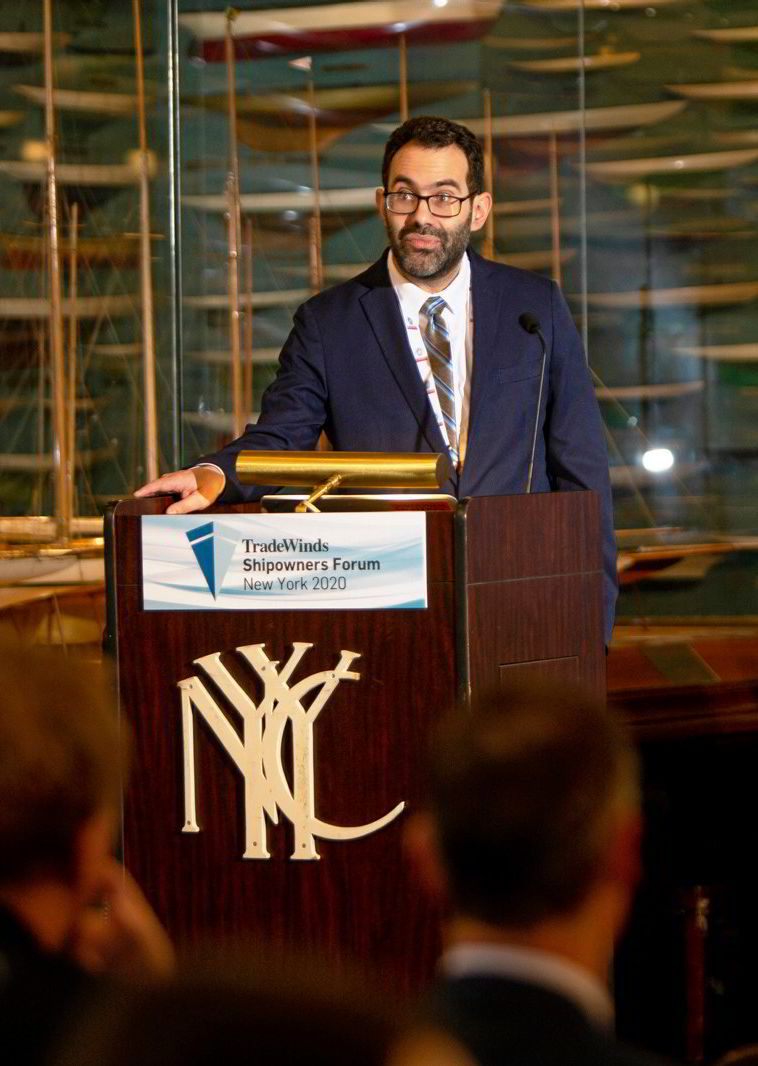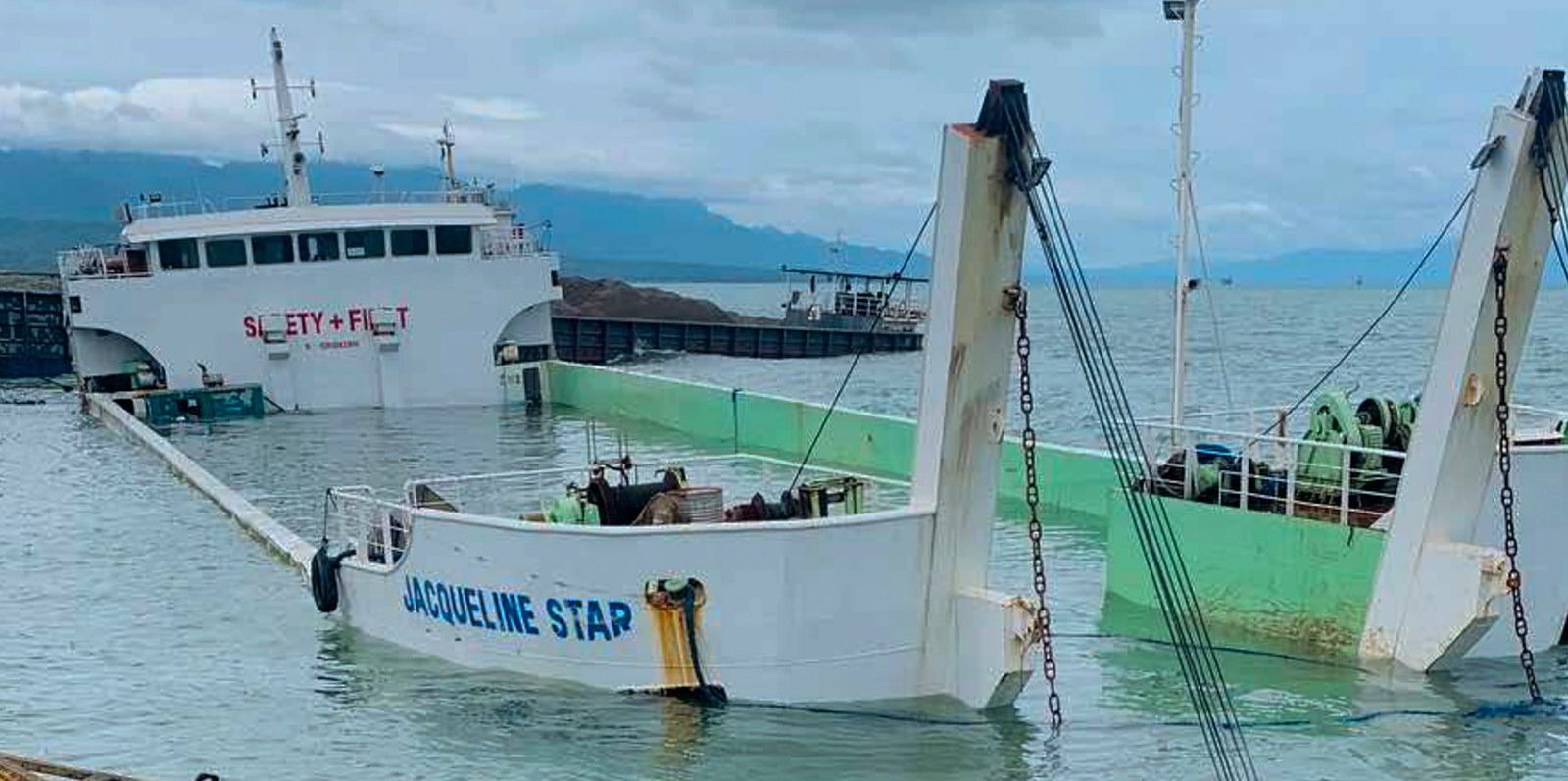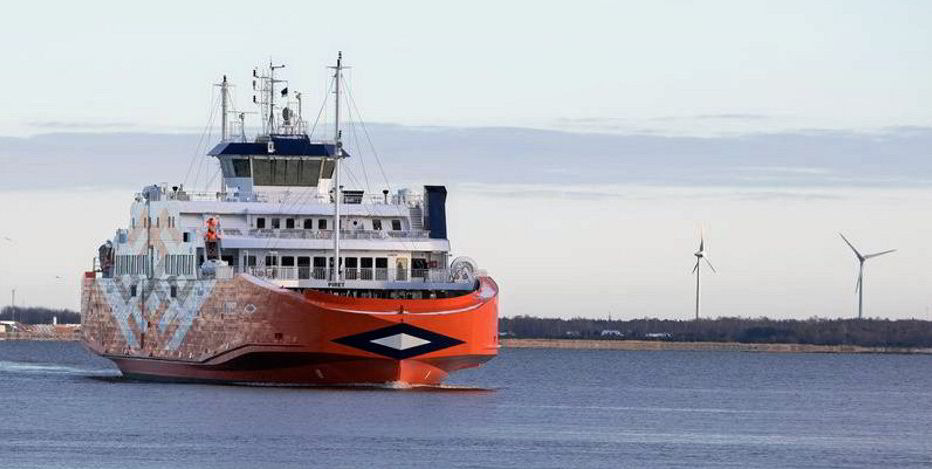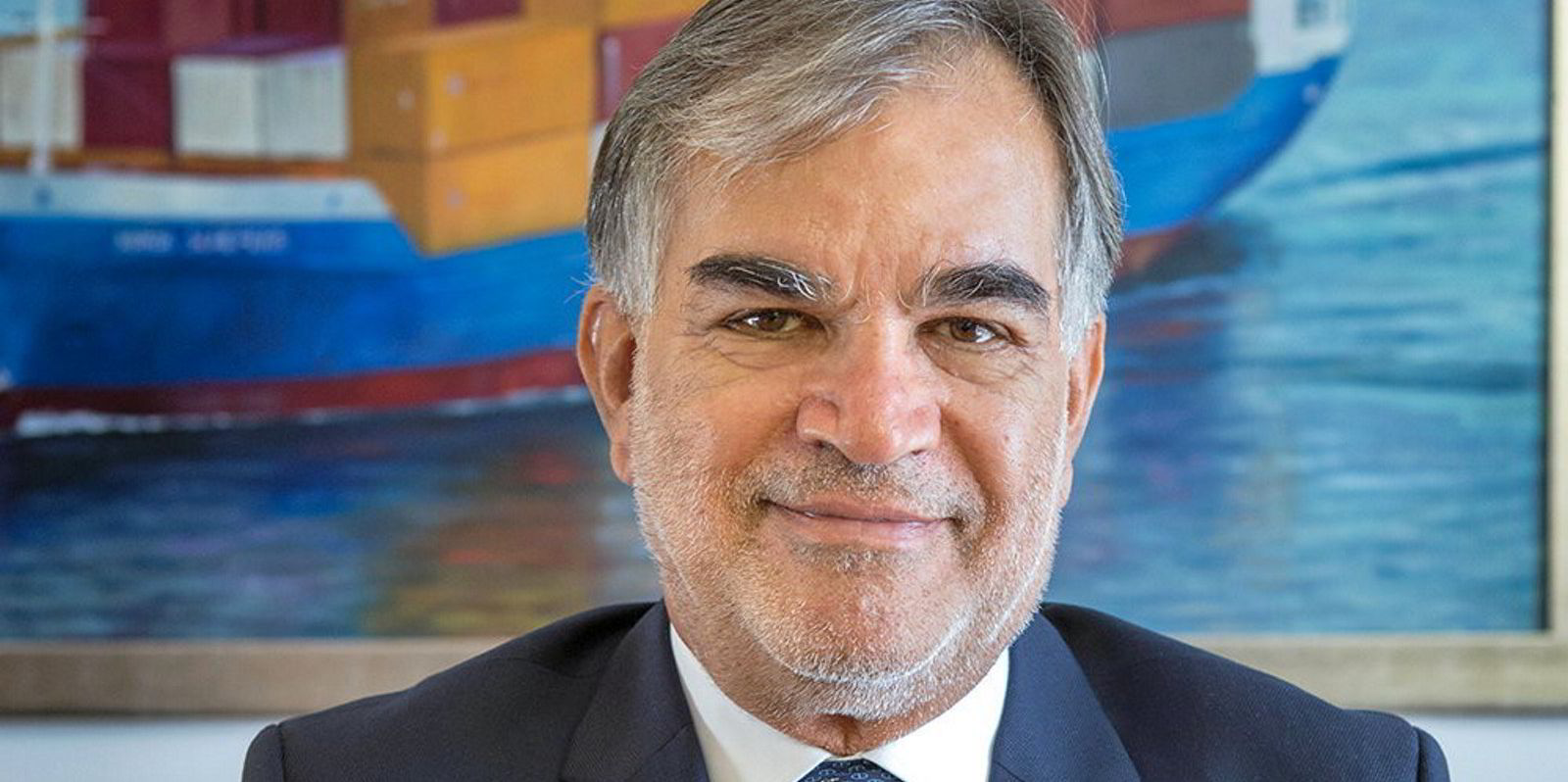As shipping works towards complying with upcoming rules on greenhouse gas reduction, their insurers are bracing for the risk.
And the protection and indemnity clubs are not just worried about the fallout from the steps required to meet looming rules from the European Union and International Maritime Organization.

As Britannia P&I explains in its first sustainability report, insurers also face risks associated with shipping's exposure to the physical impacts of climate change.
The report, in addition to those by a few other P&I mutuals, is a testament to the real dangers ahead for shipping beyond its anticipated regulatory burden.
The risks of climate change feature prominently in the Britannia P&I report.
Chairman Anthony Firmin classified the climate change risks in two categories: transitional and physical.
The transitional risks focus on those created by the shift towards a low-carbon economy. That involves the potential problems posed by introducing new technologies and changes to the fuels used in shipping.
Shipping will face new liabilities from new government policies and preferences of shipowners' customers. Charterers may lodge claims for carbon tax payments or fuel supply chains may face delays.
But like the rest of us, shipping will suffer from the way climate change alters the world we live in.
Conscious of the risks
"We are conscious that the physical risks to shipping are likely to increase with claims directly related to more extreme weather, for example cargo damage," Firmin wrote.
Insurers are under increasing pressure to consider the impacts of climate change, and not just because they are in the business of charting a long-term view of risk.
The Task Force on Climate-Related Financial Disclosures, a body set up by the international-wide Financial Stability Board, has identified climate risks and opportunities as key issues impacting the insurance industry, and P&I clubs have made it clear that the marine segment is not immune.
The clubs that have issued sustainability reports have highlighted the United Nations' sustainable development goals (SDGs).
SDG 13 focuses on climate action that, for Britannia P&I, means “focusing on managing the risk of our potential enhanced liability through a transition to a low-carbon economy and climate change resulting in further severe weather”.
Norwegian P&I clubs Gard and Skuld have also addressed the impact of climate change in their sustainability reports.
Gard, for example, said in its latest report that it is helping its members and clients tackle transition risk.
On the physical risk, the club viewed what is ahead with a measure of realism.
After all, although decarbonisation is getting increasing attention, that does not mean the world will do enough to stop potential damage from greenhouse gas emissions.

"Climate change remains high on the global agenda, but the consensus is that the world is not moving fast enough to slow its development," wrote chief executive Rolf Thore Roppestad. "We need to prepare for what the future may bring."
But what will that future look like?
Gard sees itself as exposed to claims for damage resulting from increasingly extreme weather. Storms could hit oil rigs in the US Gulf of Mexico or cruiseships in Florida, for example. Both are hotspots for hurricane activity, although 2020’s surge in named storms turned out to be relatively benign.
Increased shipping activity in the Arctic, where new routes are opening up because of global warming, could also lead to claims exposure. Gard pointed to a December 2018 incident in Svalbard, the Norwegian-controlled polar archipelago, that showed the difficulties of responding to incidents in the region.
The insurer also cited another risk: potential reputational damage from its association with members or clients whose greenhouse gas emissions might lag behind the expectations of stakeholders.
And therein lies the opportunity for insurers to play a significant role in ensuring that shipping works to reduce its carbon footprint.
Shipping is an industry in which some of its biggest players have traditionally scored an average of just a "C" grade in the Carbon Disclosure Project analysis of corporate emissions disclosures, as TradeWinds has reported.
With an eye towards reducing the risks associated with inaction when it comes to both the causes and impacts of climate change, insurance mutuals can push their members to do better.






